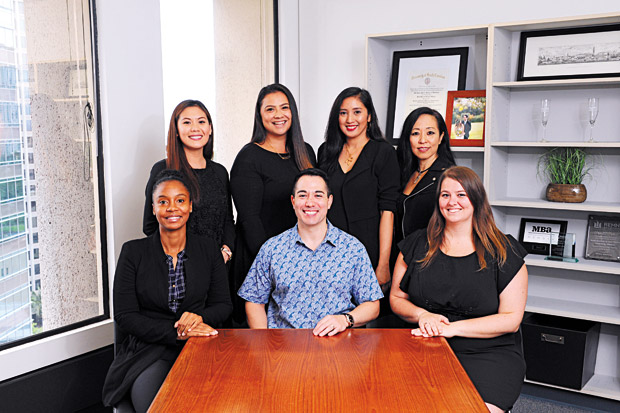Two of the most common lending options, when financing is needed for a major renovation, are construction and home equity loans. Because these two loan products are very different in nature and scope, it’s best to assess your individual situation with a mortgage professional.
Construction loans
This is one of the most commonly asked about loans and most commonly misunderstood. From a high level, construction loans will typically be best suited for property you already own, for example, doing ground-up construction on raw land or a major renovation of an existing structure that is in poor condition. When interested in purchasing property that either does not have an existing structure, or the structure is in serious need of repair (fair condition or worse), then a construction loan in most cases will not work. A situation like this would more than likely require cash, a land loan or private money.
It’s important to understand that construction loans by nature will usually have more red tape involved. This includes identifying properly licensed contractors in good standing with the state (do your own search at pvl.ehawaii.gov/pvlsearch), obtaining proper permits, and periodic inspections by the lender before monetary draws are disbursed throughout the process.
Qualifying for a construction loan is typically determined by the ratios of your monthly debt obligations to your gross monthly income (debt to income, or DTI), credit scores, current value of property (building and land) or recent purchase price, dollar amount of existing liens on the property (if any), and final estimated value of the finished home.
In some cases, construction loans may allow you to borrow larger loan amounts of $1 million-plus, which can be especially helpful on the pricier projects and where there is an existing mortgage on the property that needs to be paid off. Overall, if you already own the property, are prepared to go through a little red tape, and if your project is on the larger side, construction loans can be a great option.
Home equity loans
“Equity” is essentially the value of your property minus what you owe. For example, if you own an $800,000 home and you owe $300,000, you have $500,000 in equity. If your home is worth $800,000 and you owe nothing on it (no financial liens), then you have $800,000 in equity.
Most home equity loans will allow you to borrow up to a “combined loan to value” of 80 percent. Given the first aforementioned example, take 80 percent times $800,000 minus $300,000. This would calculate to a possible home equity loan of up to $340,000.
Qualifying is similar to construction loans except that home equity loans are better suited on properties that are in “good condition” and typically without any open permits (although some loan products will allow for workarounds on this). Many times, if you have sufficient equity in the property, an appraisal may be waived, which can be helpful if the property is in poor condition or half-renovated.
Overall, however, it’s best to set up home equity loans before you begin a renovation project.
Myers Capital is a 20-year-old, family-owned mortgage company that has helped thousands of homeowners with experience and care to ensure their home financing goals are met. For more information or to schedule a personal consultation, call 566-6611.
MYERS CAPITAL
CONTACT 566-6611
WEB myerscapitalhawaii.com
See more articles from: MYERS CAPITAL

